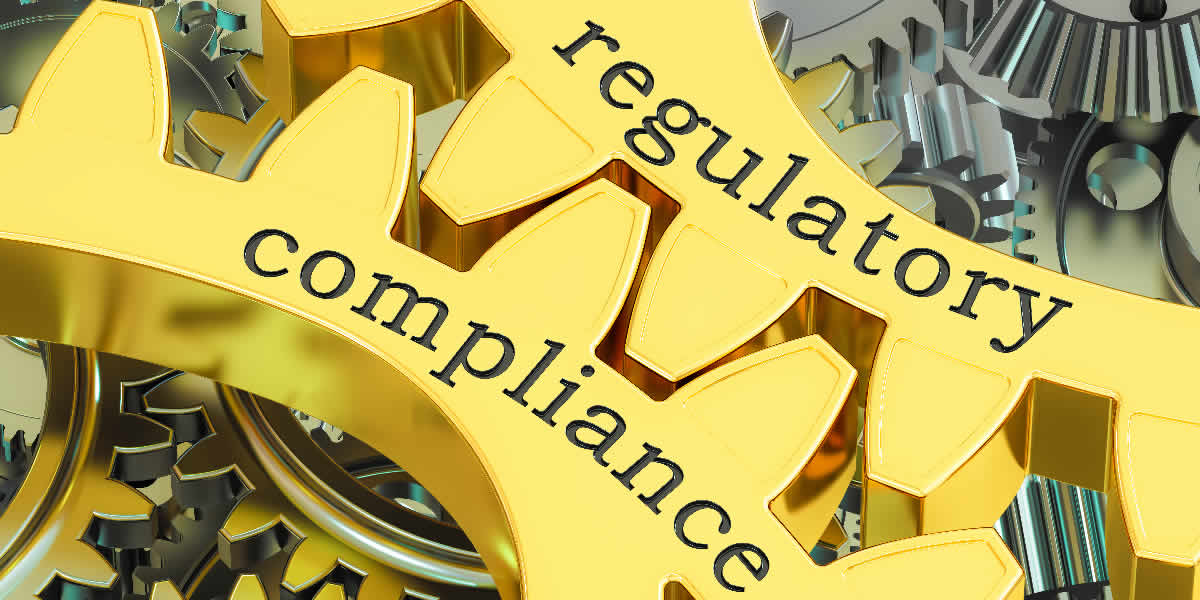The SRA has this month published its updated Enforcement Strategy which sets out when and how the SRA will take action against a law firm or solicitor.
The strategy is intended to provide greater clarity on how the SRA decide whether to act in a given case, and what factors they will consider in deciding the seriousness of misconduct and the action to take. It covers issues such as when to report, the purpose of enforcement, how the SRA approaches the issue of enforcement (including issues such as mitigating factors) and against whom enforcement action can be taken.
Aside from knowing when you are likely to be disciplined, of particular interest to many firms, however, will be the various “Topic Guides” that the SRA have issued. These summarise the main mitigating and aggravating factors which will be taken into account by the SRA when they are considering cases in a number of common areas. These topic guides currently cover competence and standard of service, criminal offences outside of the practice, driving with excess alcohol convictions, the SRA Transparency Rules and the use of social media and offensive communications.
Of particular interest to many firms at present is the topic guide relating to the Transparency Rules. These go some way towards providing an answer to the question that has been asked by many – what will the SRA do if we don’t comply?
The guide states that the SRA will be using three main ways to check on compliance:
- thematic reviews and engagement with firms,
- random web sweeps and
- working with consumer groups to encourage reporting.
Where a complaint or report is received and there are no other conduct issues then the SRA will, in the first instance, write to the firm detailing the breach and set out what needs to be done to comply. If further issues subsequently come to light the SRA will investigate and in doing so consider a range of mitigating and aggravation factors. These include as mitigating factors co-operation with the SRA, compliance with the rules achieved in most areas and evidence of attempts to comply and delay caused by technical / practical issues such as reprinting marketing information or third parties needing to update a website as mitigating factors and no steps taken to comply, deliberate refusal to comply/refusal to act on SRA advice and deliberately or recklessly providing vague, misleading or meaningless information as aggravating factors.
Strong mitigating factors and no aggravating factors are likely to result in a more favourable response for the firm whereas strong aggravating factors are likely to result in a rebuke or a fine.

